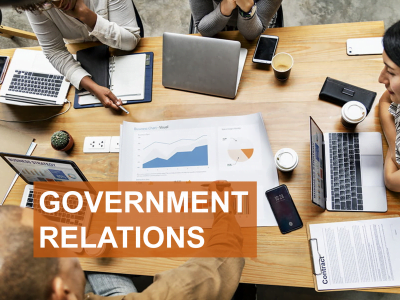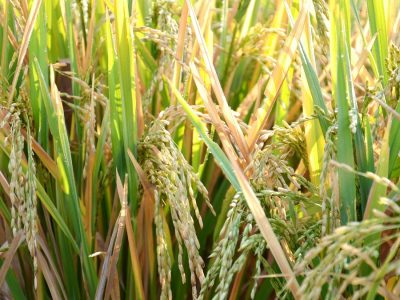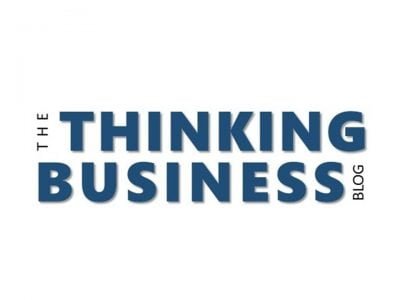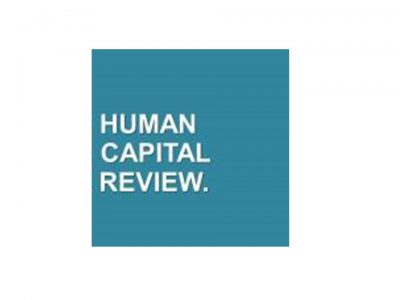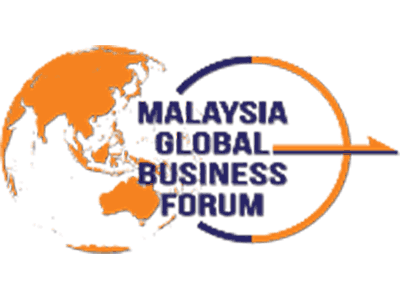- CDP invited the most significant lenders in the forest risk commodities (FRC) sectors to participate in the Financial Services Climate Change and Forests Pilot, resulting in a sample of 10 banks disclosing (7 Southeast Asian and 3 global)
- Participating banks have the sway to drive real change in the economy; holding loans of more than US$2.5 trillion and accounting for over 19% of all lending to FRC sectors in Southeast Asia
- Pilot project was geographically focused on Southeast Asia, where 85-90% of the world’s palm oil is produced and financed
- Participating banks focus mostly on one side of the ‘double-materiality approach’ and assess how environmental issues could affect their portfolios, but are less likely to assess how their portfolios impact the environment
- The Pilot finds that Scope 3 portfolio emissions are the most significant source of GHG emissions for banks — over 400 times higher than operational emissions
- Southeast Asian banks can close the gap with their global peers by improving their environmental management issues. Disclosure on forests must improve overall, especially relating to FRCs’ financing
- Banks have the power to finance the transition to a low-carbon, forest-positive future starting with disclosure as the key first step
LONDON, UK – Media OutReach – 10 March 2021 – The world’s forests are critical in fighting climate change, contributing up to one-third of the mitigation needed to limit the global temperature rise to 1.5 ˚Celsius. Amongst a host of ecosystem services they provide, forests also form a buffer to reduce the risk of zoonotic diseases spill over. Considering the current Covid-19 pandemic, the need to protect and restore the world’s forests has never been clearer.
Global environmental non-profit CDP unveiled the findings of their Financial Services Climate Change and Forests Pilot Questionnaire: the very first structured, self-reported disclosure framework for banks to report on climate and forest lending. The report was launched at a virtual webinar moderated by Corrado Forcellati, Sustainability Services Director, KPMG Singapore with panellists Rizal Mohamed Ali, Responsible Investment Vice President, KWAP; Felia Salim, Director, &Green Fund and Meixi Gan, Sustainability Deputy Director, Singapore Institute of International Affairs.
Key findings from these unique disclosures highlight that whilst banks have started to integrate environmental concerns into their structures and processes, there is significant progress to be made on long-term strategy and financing of FRCs. The results also confirmed that banks’ loan books have a vastly larger impact than their operations, with portfolio emissions potentially some 400 times higher than direct emissions.
Although the participating banks can describe their environmental risks well, their responses suggest they are currently more focused on one side of the ‘double materiality approach’. This means that while banks generally assess how environmental issues could affect their portfolios; they are less likely to assess how their portfolios would impact the environment.
While global banks are ahead of Southeast Asian banks in many areas, CDP notes that disclosure on forests must improve overall, especially relating to the financing of FRCs like timber, palm oil, cattle and soy — which are the largest cause of forests degradation and loss globally. Only one bank participating in the pilot disclosed on their financing of FRCs. Banks can demonstrate that their financing of FRCs is sustainable by increasing transparency.
In addition, the disclosures revealed great opportunities for banks in financing the transition to a low-carbon, forest-positive future. The potential financial impacts of environmental opportunities disclosed outweigh the potential impacts of risks disclosed, as well as the anticipated costs to achieve those opportunities.
One area of opportunity highlighted by almost all banks was providing financing to agricultural smallholders. Despite their significance in palm oil and rubber production, a lack of access to credit for smallholder producers is driving behaviours that result in forest loss and increased emissions. The smallholder financing and other engagement approaches disclosed by the banks represent opportunities to advance not only the environmental aspect of sustainability, but also the social aspect.
CDP’s report recognises the financial services sector is crucial in achieving the transition to a low-carbon and forest-positive economy. The influence of financial services companies extends far beyond their immediate operations to enable activities in the wider economy, which places them in a unique position to catalyze change by engaging with the companies they lend to, invest in and insure.
To this end, CDP concludes with recommendations for banks to trigger a leap forward to sustainable economies, starting from standardised, tailored disclosure of their impacts as the key first step. Other recommendations include:
- implementing board-level oversight across environmental issues;
- ensuring time horizons, assessments and processes around environmental issues are of a long-term nature;
- strengthening reporting frameworks and fully disclosing lending practices;
- considering the interconnectivity of forests with climate change, water and the natural world to properly assess risks, opportunities, and impacts.
Pratima Divgi, Director, Hong Kong, Southeast Asia, Australia & New Zealand at CDP commented: “The financial services sector is the missing link to sustainable economies and plays a crucial role in mitigating climate change, driving the next evolution in CDP disclosure: pioneering forest-related indicators specifically for banks. Those that are leading the transition to sustainable financing activities will gain competitive advantage and improved long-term returns. CDP is a key partner in the journey toward corporate responsibility and disclosure is a positive first step to achieving a sustainable future for people and planet.”
Over the coming years, CDP will develop the financial services questionnaire to expand reporting globally to investors and insurers and integrate a comprehensive range of environmental themes.
To learn more about CDP and its research on global environmental impact, visit their website at https://www.cdp.net/en or download the full media pack including report, policy briefing, infographic, webinar recordings and more here.
Notes to Editor
Additional Resources from CDP:
About CDP
CDP is a global non-profit that runs the world’s environmental disclosure system for companies, cities, states and regions. Founded in 2000 and working with more than 590 investors with over $110 trillion in assets, CDP pioneered using capital markets and corporate procurement to motivate companies to disclose their environmental impacts, and to reduce greenhouse gas emissions, safeguard water resources and protect forests. Over 10,000 organizations around the world disclosed data through CDP in 2020, including more than 9,600 companies worth over 50% of global market capitalization, and over 940 cities, states and regions, representing a combined population of over 2.6 billion. Fully TCFD aligned, CDP holds the largest environmental database in the world, and CDP scores are widely used to drive investment and procurement decisions towards a zero carbon, sustainable and resilient economy. CDP is a founding member of the Science Based Targets initiative, We Mean Business Coalition, The Investor Agenda and the Net Zero Asset Managers initiative.
Visit cdp.net or follow us  @CDP to find out more.
@CDP to find out more.

Services
Stakeholder mapping, analysis, engagement and communication needs to be detailed to avoid business losses or even worse, a crisis. How can you do this effectively to prevent failure? ...
Data-driven business decisions have never been as crucial, especially in this era. MGBF leverages off, technology, experience and market presence to aid businesses in making accurate decisions. ...
MGBF provides comprehensive strategic advice and results-focused solutions to solve clients' problems in business-government relations so they can focus on their core business. ...
A critical business challenge is meeting the right decision-makers and potential buyers through the best channel and platform. How will you improve your business competency? ...
Upcoming Events
In this episode of 'A Working Lunch with Nordin', MGBF's Nordin Abdullah and regional commentator Eddin Khoo will discuss the biggest threats and opportunities for businesses as we look to manage change in the South China Sea.
This MGBF Roundtable will feature thought leaders form Japan, Australia, Singapore and Malaysia dealing with the critical issues of manipulation of public listed companies and government and their financial impacts.
A series of networking sessions with various business associations and trade organisations exploring high-value opportunities for business leaders and entrepreneurs looking to build the relationships that matter.
This integrated event will include a forum, dedicated business matching, site visits, a gala dinner and a round of golf. Aptly themed, the focus will be on regional food security issues and trends in the context of the supply chain, agriculture technology and trade regulations and policies.
MGBF In The News
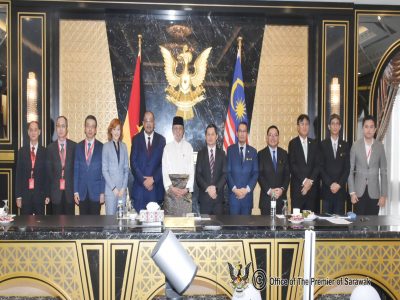
Planet QEOS and China Machinery Engineering Corporation (CMEC) are interested in investing RM10 billion to co-develop advanced Megawatt peak (MWp) agrovoltaic in Baram, to further boost Sarawak’s green energy initiative and food security. Sarawak Premier Datuk Patinggi Tan Sri Abang Johari Tun Openg was briefed on Friday by both the […]

Last week SPM results came out, 373,974 aspirants who have been waiting patiently over the last few months would now know their fate. Some 10,109 have received all A’s, the golden standard of academic success and the ticket to those looking to study the “more advanced” subjects in university. Proudly, […]
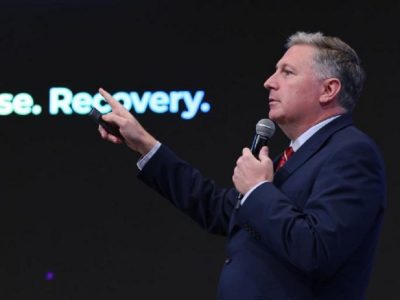
The classic knee-jerk reaction is to say, fire the coach, change the leadership of associations, and reduce the funding till they start performing better. This kind of negative reinforcement may work for kindergarten children, but we are dealing with high-performance adults – individuals much further along in their psychological and […]
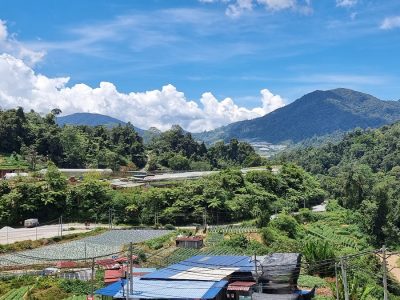
Since its earliest tea plantations in 1929, Cameron Highlands has grown to become a key player in the agricultural landscape of Malaysia, producing 40 per cent of all vegetables grown. Despite Malaysia shifting its economic focus away from agriculture, the industry remains imperative for food security and the livelihoods of […]
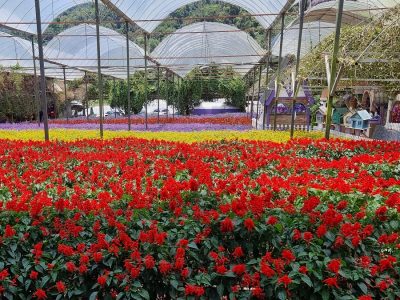
Although at first glance the travel industry and the agricultural sector appear to have nothing in common, they actually share more than meets the eye. The economic benefits of tourism to the agricultural sector can be multiplied several times over. “Tourism brings the end consumers closer to the source, which […]
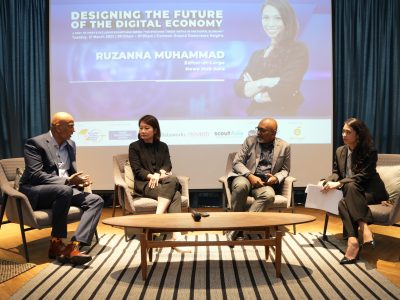
The Malaysia Global Business Forum (MGBF) recently held a high-level roundtable themed ‘Designing the Future of the Digital Economy’, attended by industry leaders and business associations. The guest of honour was Yang Berhormat Syerleena Abdul Rashid, the Member of Parliament (MP) for Bukit Bendera in Penang. The MP’s Special Session […]

The Malaysia Global Business Forum (MGBF) will be hosting a roundtable on ‘Designing the Future of the Digital Economy’ on 23 February 2023. It is the culmination of the first three MGBF Exclusive Roundtable Series titled ‘The Evolving Threat Matrix in the Digital Economy’ held throughout 2022. According to the […]
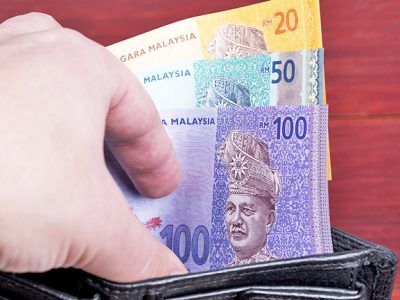
The Founding Chairman of the Malaysia Global Business Forum (MGBF), Nordin Abdullah, today spoke on Bernama TV’s leading English talk show, The Brief, hosted by Jessy Chahal, on the topic of a stable political reality and what that means for the Malaysian economy. Nordin said, “The first thing that it […]

More than 1,100 years ago, Muhammad ibn Musa al-Khwarizmi was developing the mathematical formulas that we know today as algorithms which now have become so intertwined with the business fortunes of global media giants and the very fabric of geopolitics. A series of recent high level international reports have revealed […]
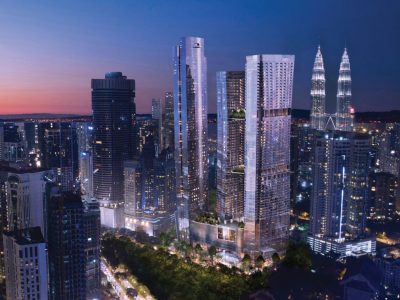
KSK Land has been recognised by the Malaysia Global Business Forum (MGBF) for its role in attracting high net-worth individuals to Malaysia post-pandemic. The first challenge in investor attraction is “selling” the country. In the context of Asia, Malaysia is competing with some very established investment destinations. The second […]
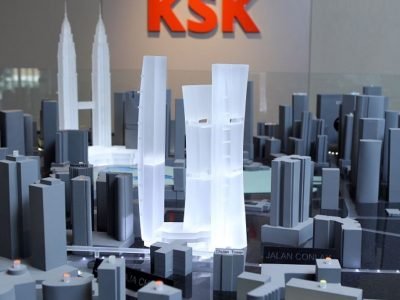
Malaysia, in particular Kuala Lumpur, continues to position itself as a regional centre to do business, educate a family and enjoy a global lifestyle. One company, KSK Land, has taken the lead in positioning itself and the city of Kuala Lumpur as a property investment destination for the global citizen […]
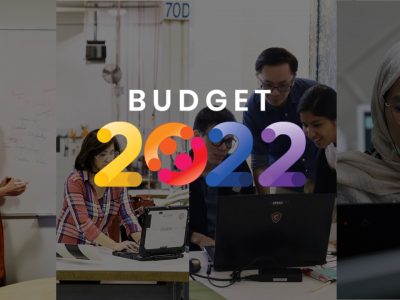
The upcoming budget represents an opportunity to build resilience in the critical sectors that will form the backbone of the country’s future-facing economic ambitions. This however needs to be achieved in the context of managing the community sectors most impacted by COVID-19 over the past two years. The Keluarga Malaysia (Malaysian Family) […]

Malaysia Global Business Forum (MGBF) has moved to support the creative economy as the overall economy moves into a recovery phase following the COVID19 pandemic. As a step in the direction of normalcy, the MGBF has agreed to host the art exhibition “I Know You’re Somewhere So Far” by one […]
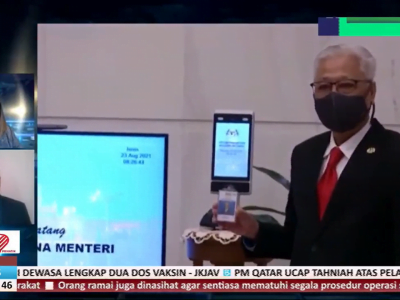
Congratulations to Datuk Seri Ismail Sabri Yaakob for taking up the mantle of the ninth prime minister of Malaysia. There is nothing normal about the situation; it could not have been scripted but it has kept the spectrum of media, mainstream and social, gripped. The first order of business for […]
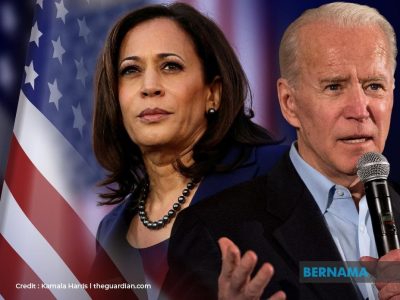
In a stirring speech to the nation, President Joseph R. Biden, Jr. stamped his brand of leadership on the presidency, in his first act as the 46th president of the United State of America, it signaled several shifts. Perhaps the weather was foreboding with snow falling before the ceremony that […]

KUALA LUMPUR, 6 July 2022 – As the global economy continues to deal with unprecedented levels of disruption caused by the pandemic and the conflict between Russia and Ukraine, the convergence of energy security and food security issues has become a front-of-mind issue faced by policy makers and consumers alike. […]

KUALA LUMPUR, 23 June 2022 — Malaysia Global Business Forum (MGBF) ties up with scoutAsia to ensure that businesses are equipped with deeper regional insights. The past two years has seen a massive shift in the way businesses are conducted with digitisation, digitalisation and automation continuously being adopted to improve […]
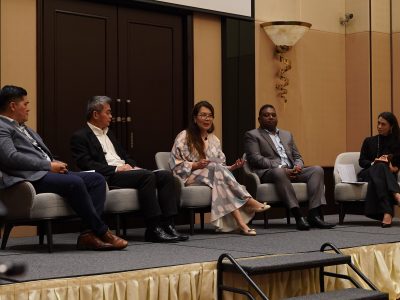
KUALA LUMPUR, 25 May 2022 – The Malaysia Global Business Forum (MGBF)’s exclusive roundtable on ‘Security Concerns in Critical Value Chains’ was held in a hybrid setting yesterday at the Eastin Hotel Kuala Lumpur. The guest of honour was Yang Berbahagia Tan Sri Dato’ Seri Rafidah Aziz, former minister of […]
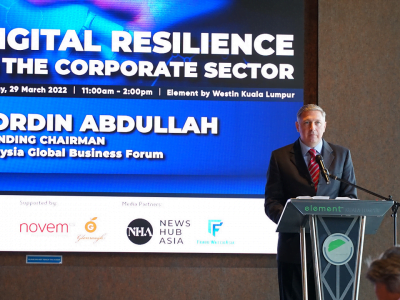
We live in the age of crisis. At the heart of any crisis is the threat of rapid change. Change too deep or too wide that the current coping mechanisms for an individual, corporation or government are unable to remain resilient. An unwelcome paradigm shift, like the proverbial spider, that […]
![]() @CDP to find out more.
@CDP to find out more.



